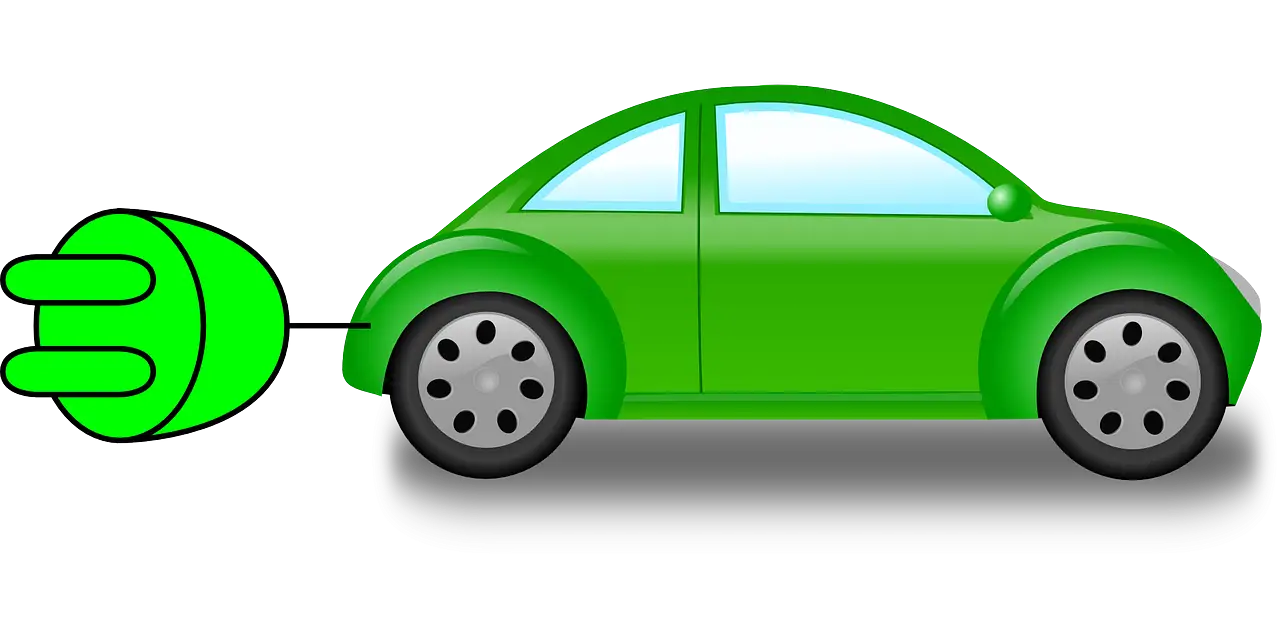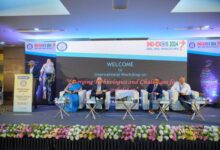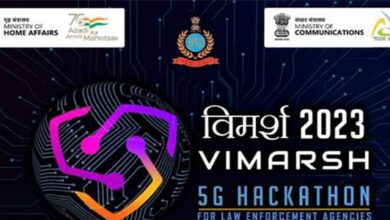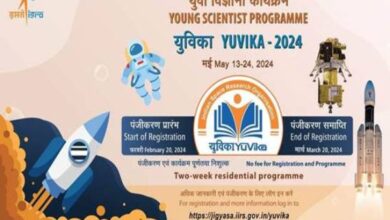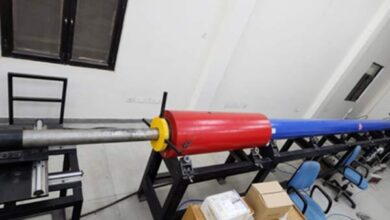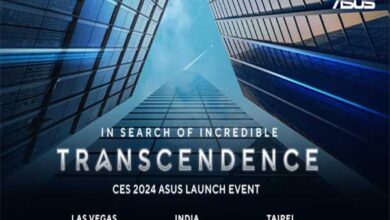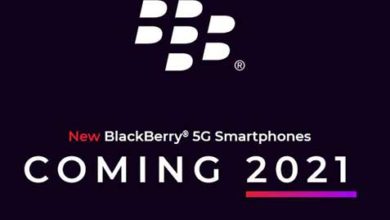NASA Awards $96 Million to U.S. Small Businesses for Tech Research, Development

NASA has selected 128 proposals from American small businesses to advance research and technology in Phase II of its 2017 Small Business Innovation Research (SBIR) program. These selections support NASA’s future space exploration missions, while also benefiting the U.S. economy.
“We look forward to working with these promising small businesses to further advance NASA’s missions,” said Jim Reuter, acting associate administrator for NASA’s Space Technology Mission Directorate (STMD). “NASA is proud of our investment in the success of small businesses and its long-term impact on our economy.”
Proposals were selected according to their technical merit and feasibility, in addition to the experience, qualifications and facilities of the submitting organization. Additional criteria included effectiveness of the work plan and commercial potential.
The selected proposals will support the development of technologies in the areas of aeronautics, human space exploration and operations, science and space technology. Awards cover a breadth of research and development needs, such as:
- Low-power, ultra-fast, deep-learning neuromorphic computer chips designed for unmanned aircraft systems, such as delivery drones. Neuromorphic computer chips can analyze, in real-time, big data streams coming from cameras, sensors and avionics, helping to achieve better navigation and collision avoidance.
- Solid-state oxygen concentrator and compressor designed to minimize hardware mass, volume and power footprint, while still performing at the required capabilities. This technology concentrates the oxygen within future crewed space environments, providing the required concentration of oxygen to crew members, while minimizing weight.
- Sensors and camera for detecting and tracking near-Earth asteroids, to help scientists detect, count and track near-Earth asteroids. These asteroids are mostly dark, small and cold and are best detected in the very long-wave infrared wavelengths greater than 12 microns, where they glow brightest.
- New wheel concept for enhanced surface mobility to emulate the behavior of a variable pressure tire without the need or risk of an inflation system. This wheel can benefit future NASA planetary exploration missions to the Moon and Mars by enhancing the mobility and controllability of surface exploration rovers and future vehicles.
Only small businesses awarded a Phase I contract are eligible to submit a proposal for a Phase II funding agreement. Phase II is focused on the development, demonstration and delivery of the innovation. Phase II projects are chosen as a result of competitive evaluations and based on selection criteria provided in the Solicitation. Phase II contracts last for 24 months with a maximum funding of $750,000.
Phase I work and results provide a sound basis for the continued development, demonstration and delivery of the proposed innovation in Phase II and follow-on efforts. Phase III is the commercialization of innovative technologies, products, and services resulting from either a Phase I or Phase II contract.
Small businesses have created approximately 55 percent of all jobs in the United States since the 1970s. The SBIR and Small Business Technology Transfer (STTR) programs encourage small businesses and research institutions to develop innovative ideas that meet the specific research and development needs of the federal government. The programs are intended to stimulate technological innovation in the private sector, increase the commercial application of research results, and encourage participation of socially and economically disadvantaged persons and women-owned small businesses.
The SBIR and STTR programs are managed for STMD by NASA’s Ames Research Center in California’s Silicon Valley. STMD is responsible for developing the cross-cutting, pioneering, new technologies and capabilities needed by the agency to achieve its current and future missions.

